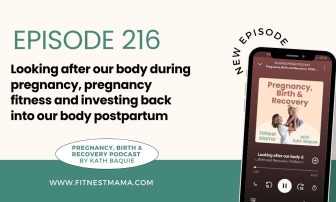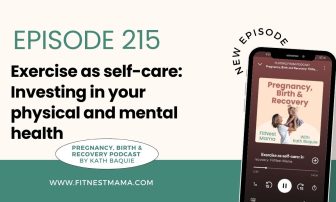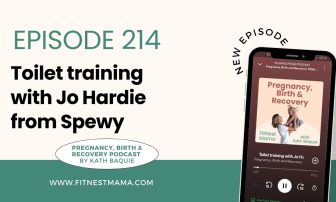Pregnancy can be a beautiful journey, but it often comes with its fair share of challenges.
Whilst it is commonly known that low back pain and pelvic girdle pain are issues with pregnancy, upper mid back pain is also common and an issue I’ve helped many pregnant women with.
Upper back pain is mostly common in 2nd/3rd trimester due to growth of the baby and the various pregnancy changes that are occurring to the body
Let’s dive into these causes in more detail.
Disclaimer:
Before we dive into the details, it’s crucial to remember that this information is general in nature only, and should not replace professional medical advice. If you’re experiencing pain or any concerning symptoms, always consult your healthcare provider for a personalised assessment and guidance.
What causes upper/mid back pain during pregnancy?
Upper and mid-back pain during pregnancy can be attributed to several factors. There are certain changes that occur to women during pregnancy, including:
- Physical Changes: As your body undergoes significant physical changes to accommodate your growing baby, muscles may stretch and weaken, hormones can affect ligaments, and the body changes, particularly around the pelvis and spine, including the upper back and core.
- Postural Changes: As a result of the physical changes, our posture can change too. The growing belly, the hormonal effects can result in shifts of posture such as an increased anterior pelvic tilt and lumbar lordosis. Cue: the typical pregnancy sway back posture.
- Mechanical Changes: As a result of the physical and postural changes, thus the way we move our bodies can alter and change. Cue: the typical pregnancy waddle!
- This combination of hormonal, physical, postural and mechanical changes can all place different pressures and stressors on our body, in particular the upper/mid back area in pregnancy.
How to manage mid/upper back pain during pregnancy
Now, let’s talk about proactive steps we can take to manage and relieve upper and mid-back pain during pregnancy:
- Strengthening Weak Areas: Prioritise strengthening the core and upper back muscles for stability and support. Incorporate exercises including pregnancy friendly core, shoulder stabilising and upper back exercises into your routine.
- Gentle Stretching: Focus on stretches that target any tight areas, including the ribcage, thoracic spine, neck, and pectoral muscles. Consider child’s pose, gentle rotation stretches, and extension stretches to ease tension.
- Prenatal Pilates: Adding prenatal pilates to your fitness regimen can improve flexibility and alleviate tension in the upper back.
Finding the right bra to help with upper/mid back pain during pregnancy
Investing in a well-fitting, supportive bra is crucial to easing strain on your upper back. Make sure it adequately supports your growing breasts and maintains your comfort throughout the day. Checking the strap length and tension is also important to reduce any excess strain through the upper back area.
Other strategies to help with mid/upper back pain
In addition to exercises and stretches, consider these practical strategies:
- Optimal Desk Set-Up: If you have a sedentary job, ensure your desk and chair are ergonomically set up to promote good posture. Adjust your chair’s height and use cushions or lumbar supports as needed.
- Managing Toddler Care: If you have a toddler and find yourself lifting them frequently, consider strategies to minimise the strain. Encourage your toddler to climb onto a chair or a designated “cuddle couch” to reduce the need for heavy lifting. Involve your partner in this effort to avoid lifting your toddler during the first six weeks postpartum.
While upper and mid-back pain during pregnancy can be challenging, there are various strategies and exercises to help manage and alleviate discomfort. Prioritise strengthening exercises, gentle stretches, and proper posture, and always consult a healthcare professional if you experience concerning symptoms. By taking proactive steps and seeking support when needed, you can make your pregnancy journey more comfortable and enjoyable. For more detailed guidance and exercise routines tailored to pregnancy, consider exploring FitNest Mama app designed specifically for expectant mothers.
** This podcast has general information only. Always seek the guidance of your doctor or other qualified health professional with any questions or concerns you may have regarding your health or medical condition.
Podcast Sponsor

Today’s Sponsor:
Episode Links
Preparing for birth Pelvic health checklist
Free 7 Day Trial Pregnancy Workouts
Free 7 Day Trial Postnatal Workouts
Instagram @fitnestmama





